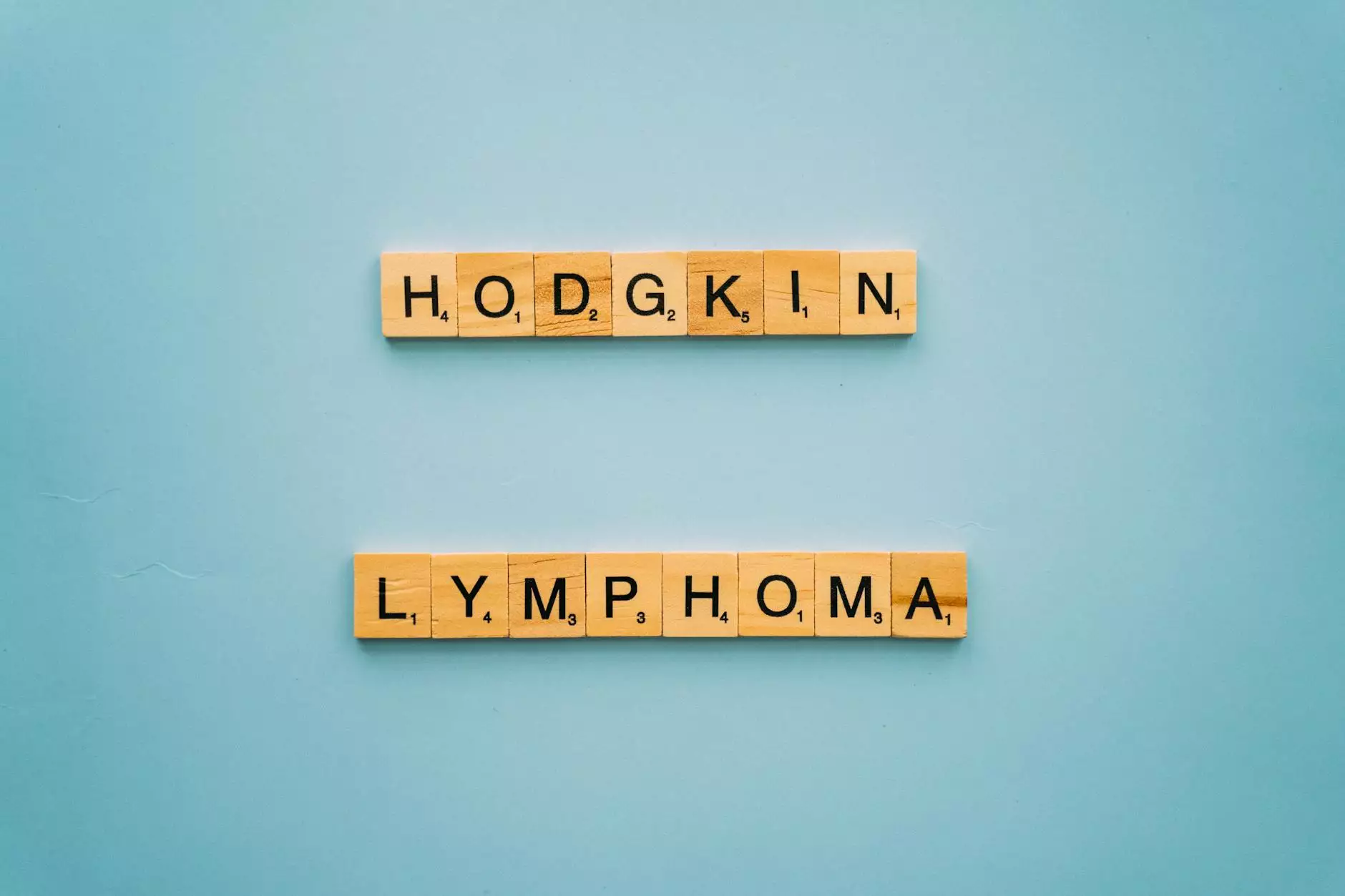Lung Cancer Treatment in Singapore: Comprehensive Care and Advanced Therapies

Lung cancer is one of the leading causes of cancer-related deaths worldwide. In Singapore, the incidence of lung cancer has been rising, making effective treatment options more crucial than ever. This article will explore various approaches to lung cancer treatment in Singapore, including advanced medical therapies, the importance of a multidisciplinary care approach, and supportive health services that enhance patient recovery and well-being.
Understanding Lung Cancer
Lung cancer primarily occurs when abnormal cells in the lungs grow uncontrollably. There are two main types of lung cancer:
- Non-Small Cell Lung Cancer (NSCLC): This is the most common type, accounting for approximately 85% of cases. It typically grows slowly and is further categorized into adenocarcinoma, squamous cell carcinoma, and large cell carcinoma.
- Small Cell Lung Cancer (SCLC): This type is less common but more aggressive, often linked to heavy smoking. It spreads quickly and is often diagnosed at an advanced stage.
The Importance of Early Diagnosis
Early detection of lung cancer significantly improves treatment outcomes. In Singapore, healthcare services emphasize regular screening, particularly for high-risk groups, such as smokers and individuals with a family history of lung cancer. Diagnostic tools such as:
- Low-Dose CT Scans: These scans expose patients to lower radiation than traditional CT scans while still providing high-quality images for detecting lung nodules.
- Biopsy Procedures: These are essential for confirming the diagnosis and determining the type of lung cancer, which guides treatment choices.
Comprehensive Treatment Options in Singapore
Singapore is home to some of the most advanced medical facilities and experienced medical professionals. The treatment plan for lung cancer varies based on the type, stage, and overall health of the patient. Here are primary treatment methodologies available:
Surgery
Surgical intervention may be recommended for patients with early-stage lung cancer. The main types of surgery include:
- Lobectomy: Removal of an entire lobe of the lung.
- Pneumonectomy: Removal of an entire lung.
- Sublobar resection: Removal of a small section of the lung.
These surgical options aim to remove tumors and surrounding tissues effectively, providing an opportunity for a potential cure.
Radiation Therapy
Radiation therapy employs high-energy rays to target and kill cancer cells. There are two main types:
- External Beam Radiation Therapy (EBRT): Delivered from a machine outside the body, targeting the tumor.
- Stereotactic Body Radiation Therapy (SBRT): A more focused radiation treatment that delivers higher doses to the tumor while sparing surrounding healthy tissues.
This therapy is often considered when surgery is not an option or as an adjunct to surgery to eliminate any remaining cancer cells.
Chemotherapy
Chemotherapy involves using drugs to kill cancer cells or stop them from growing. It can be administered:
- Before surgery (neoadjuvant chemotherapy): To shrink tumors.
- After surgery (adjuvant chemotherapy): To eliminate residual disease.
- As the primary treatment: For advanced lung cancer.
The specific regimen depends on the cancer type and stage, with combinations of various agents tailored to the patient’s needs.
Targeted Therapy
Advancements in molecular biology have led to the development of targeted therapies, which focus on specific genetic mutations and cellular pathways. Examples include:
- EGFR inhibitors: For patients with mutations in the epidermal growth factor receptor gene.
- ALK inhibitors: For those with anaplastic lymphoma kinase gene rearrangements.
These therapies are often less toxic than conventional chemotherapy and can lead to better outcomes for certain patients.
Immunotherapy
Immunotherapy harnesses the body's immune system to fight cancer. It includes:
- Checkpoint inhibitors: These drugs help the immune system recognize and attack cancer cells.
- Cancer vaccines: Designed to elicit an immune response against cancer.
Immunotherapy has shown promising results, especially in advanced lung cancer cases.
The Role of Multidisciplinary Care
In Singapore, a multidisciplinary approach to cancer care ensures that each patient receives comprehensive treatment tailored to their specific needs. This team typically includes:
- Oncologists: Specialists who manage cancer treatment.
- Thoracic Surgeons: Experts in lung-related surgical procedures.
- Radiation Oncologists: Specialists in radiation therapy.
- Nurses and Support Staff: Caring professionals providing support throughout treatment.
Regular consultations within the team ensure that all aspects of the patient's health are addressed, leading to holistic care and better outcomes.
Support Services for Patients
In addition to medical treatment, Singapore provides extensive support services for lung cancer patients. This includes:
- Palliative Care: Focused on relieving symptoms and improving quality of life. This aspect of care is crucial for patients with advanced cancer.
- Nutrition Counseling: Tailored nutrition plans help manage symptoms and improve overall well-being during treatment.
- Psychosocial Support: Counseling services and support groups are available to help patients and families cope with the emotional challenges of a lung cancer diagnosis.
These services play an essential role in the overall treatment plan, ensuring patients receive not just medical care but also emotional and psychological support.
Latest Advances in Lung Cancer Treatment in Singapore
As research continues, Singapore remains at the forefront of lung cancer treatment innovation. Key advancements include:
- Liquid Biopsies: Non-invasive tests that analyze circulating tumor DNA from blood samples, providing insights into tumor genetics and treatment responses.
- Personalized Medicine: Tailoring treatment regimens based on individual genetic profiles and tumor characteristics, resulting in more effective therapies.
These innovations not only improve treatment efficacy but also minimize side effects, creating a more patient-friendly treatment experience.
Conclusion: A Hopeful Future for Lung Cancer Patients in Singapore
The journey of lung cancer treatment in Singapore showcases the nation's commitment to providing world-class medical care and innovative therapies. With a focus on early diagnosis, cutting-edge treatment options, and comprehensive support services, patients have access to a robust healthcare framework dedicated to fighting lung cancer. As research progresses, we anticipate even greater advancements that will transform lung cancer from a fatal diagnosis to a manageable condition, promising hope and improved quality of life for patients.
For more information on lung cancer treatment and supportive care, consider consulting the medical professionals at Hellophysio, where our team is committed to guiding you through every step of your healthcare journey.
lung cancer treatment singapore








